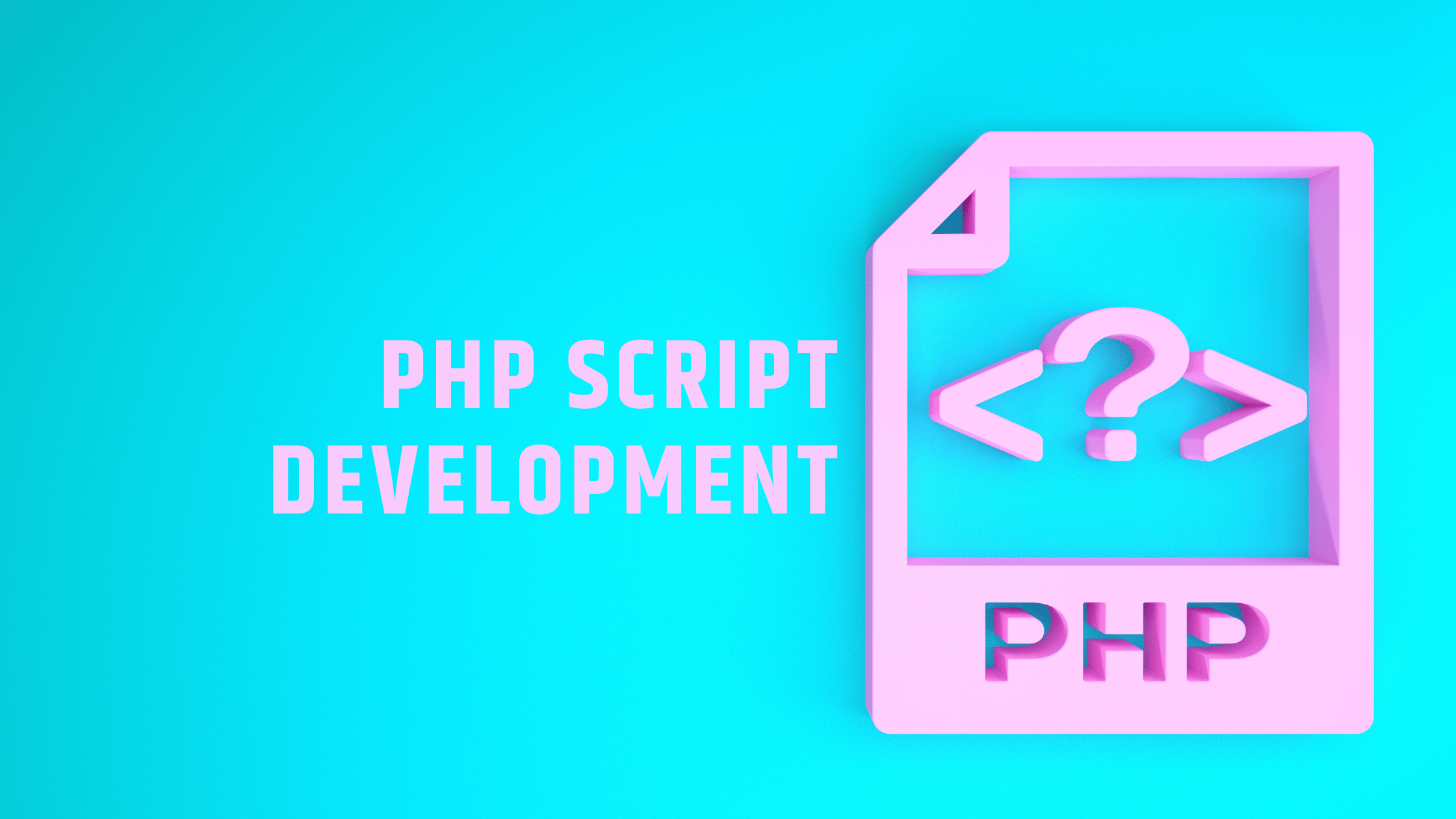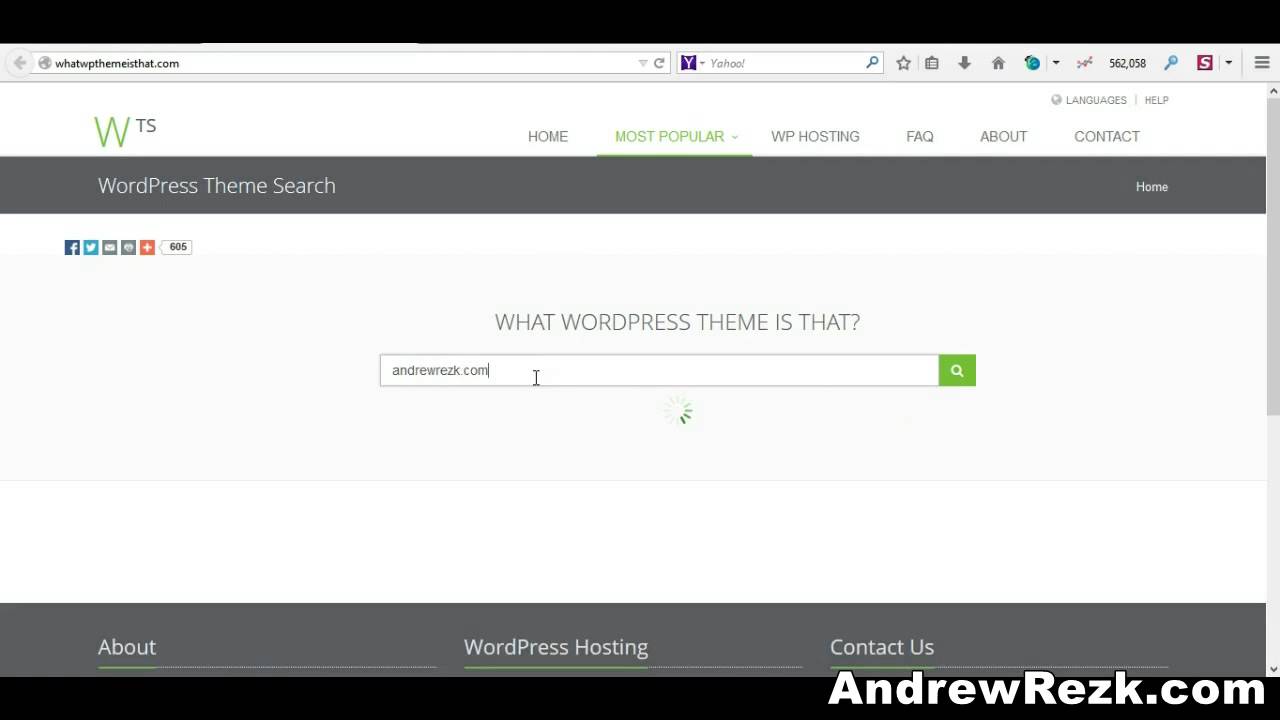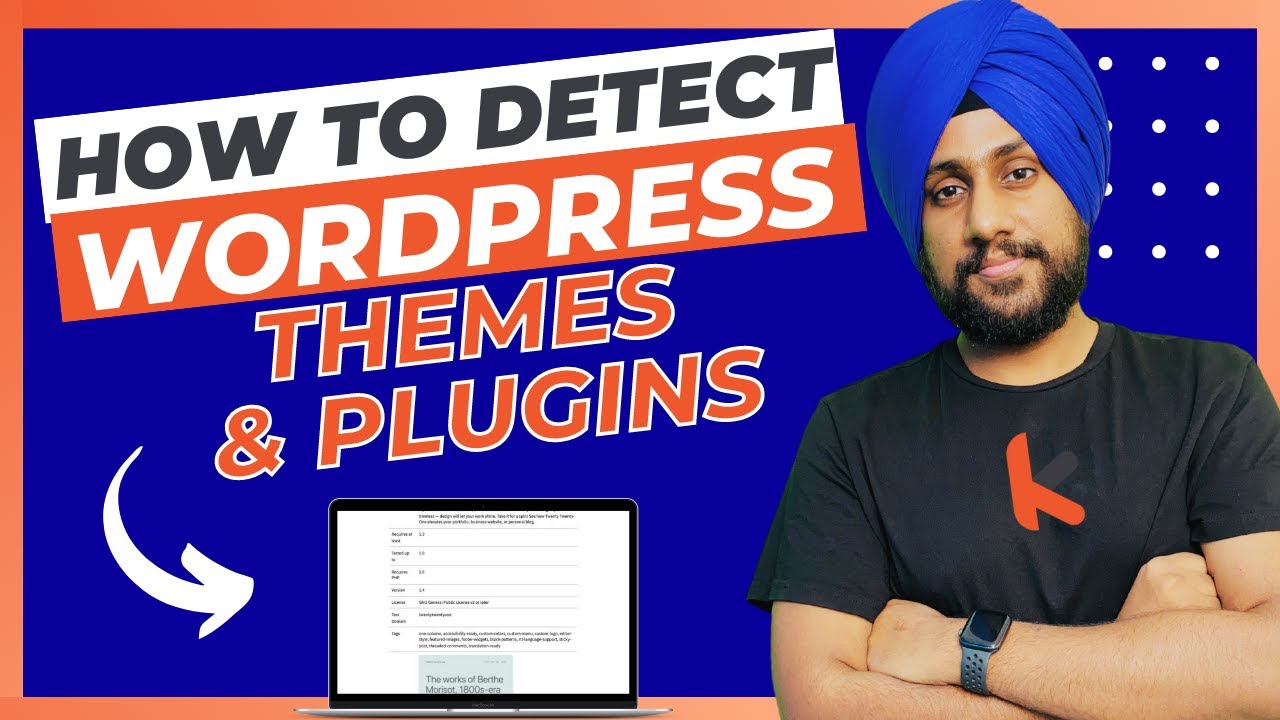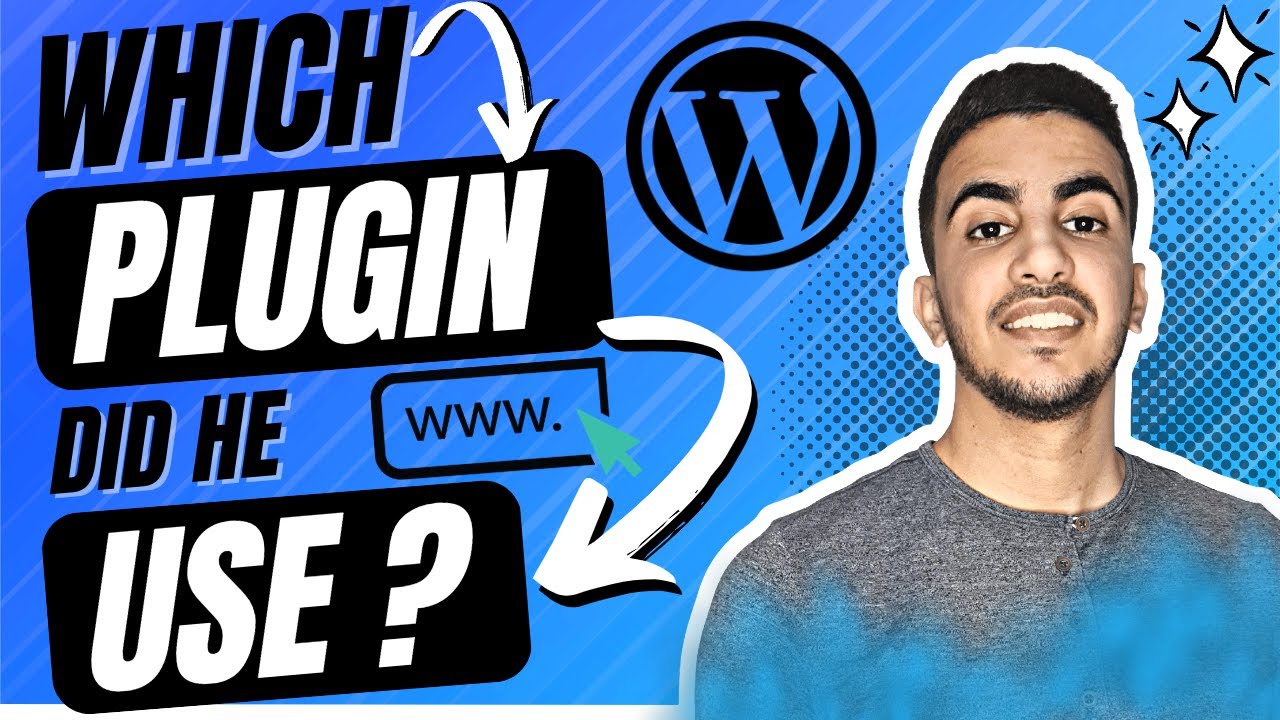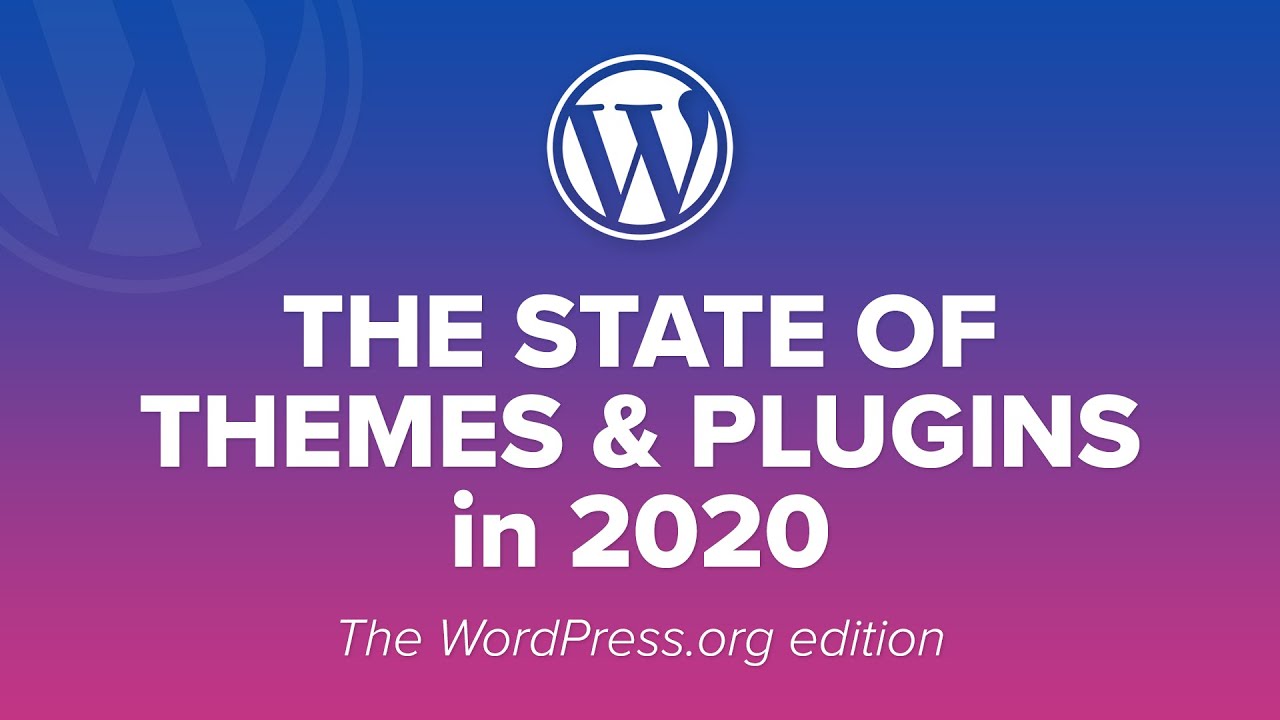Outline:
- Introduction
- What is PHP?
- Why PHP is Popular for Script Development
- Versatility and Compatibility
- Large Support Community
- Extensive Library of Functions
- Cost-Effective Solution
- Easy to Learn and Use
- Getting Started with PHP Script Development
- Setting Up the Environment
- Basic Syntax and Variables
- Control Structures and Loops
- Functions and Arrays
- Understanding the Role of PHP Script Development
- Backend Web Development
- Automation and Task Management
- Database Manipulation
- Creating Custom CMS
- Best Practices for Efficient PHP Script Development
- Commenting and Documentation
- Error Handling and Debugging
- Security Measures
- Optimizing Code Performance
- Tools and Libraries for PHP Script Development
- Integrated Development Environments (IDEs)
- Code Editors
- Frameworks
- Content Management Systems (CMS)
- Challenges and Solutions in PHP Script Development
- Dealing with Legacy Code
- Ensuring Code Reusability
- Improving Code Maintainability
- Scaling and Performance Issues
- Common Mistakes to Avoid in PHP Script Development
- Inadequate Input Validation
- Insufficient Data Sanitization
- Poorly Structured Code
- Lack of Proper Documentation
- Conclusion
Introduction
Welcome to our comprehensive guide on PHP script development. In this blog post, we will cover everything you need to know about PHP and how it can be leveraged for building powerful scripts. Whether you’re a beginner looking to learn PHP or an experienced developer seeking to enhance your skills, this guide has got you covered. So, let’s dive right in and explore the world of PHP script development.
What is PHP?
PHP is a widely used scripting language specifically designed for web development. The acronym PHP stands for “PHP: Hypertext Preprocessor.” Created by Rasmus Lerdorf in 1994, PHP has become one of the most popular programming languages for web development due to its simplicity, flexibility, and extensive functionality.
Why PHP is Popular for Script Development
Versatility and Compatibility
PHP provides excellent compatibility with various web servers and operating systems, making it highly versatile. Whether you are developing scripts for Linux, Windows, macOS, or any other platform, PHP ensures smooth integration and consistent performance.
Large Support Community
PHP boasts a massive and active community of developers, which means that you can always find assistance in forums, online communities, and extensive documentation. The collective knowledge and support available for PHP script development make it easier for developers to solve problems and learn from others.
Extensive Library of Functions
PHP comes with a vast library of built-in functions, enabling developers to perform complex tasks without reinventing the wheel. From string manipulation to database handling, PHP offers a wide range of functions that can be easily utilized in script development, saving valuable time and effort.
Cost-Effective Solution
PHP is an open-source language, which means that it is freely available and requires no licensing fees. This makes PHP an attractive choice for businesses and developers looking for a cost-effective solution without compromising on performance.
Easy to Learn and Use
Unlike some other programming languages, PHP has a relatively gentle learning curve, making it accessible to beginners. With its straightforward syntax and extensive documentation, developers can quickly grasp the fundamentals of PHP and start building scripts within a short period.
Now that we have discussed why PHP is popular for script development, let’s delve into the process of getting started with PHP.
Getting Started with PHP Script Development
To start your PHP script development journey, you need to set up the environment and get familiar with the basic syntax and variables. Let’s break down the essential steps:
Setting Up the Environment
To develop PHP scripts, you’ll need a local development environment. Fortunately, there are various options available, such as XAMPP, WAMP, or MAMP, which provide a pre-configured stack including the Apache web server, MySQL database, and PHP itself. Alternatively, you can set up a separate web server and install PHP manually.
Basic Syntax and Variables
PHP scripts are enclosed within <?php and ?> tags. The code inside these tags is processed by the PHP interpreter. PHP variables begin with a dollar sign $ followed by the variable name. Variables in PHP are also loosely typed, meaning they can hold any type of data without explicit declaration.
<?php
$name = "John Doe";
$age = 25;
$price = 9.99;
?>Control Structures and Loops
PHP provides control structures like if statements, switch statements, and loops to control the flow of the script. These structures are fundamental for performing conditional operations and iterations.
<?php
if ($age >= 18) {
echo "You are eligible to vote.";
} else {
echo "You are not eligible to vote.";
}
for ($i = 0; $i < 5; $i++) {
echo $i;
}
while ($i < 10) {
echo $i;
$i++;
}
?>Functions and Arrays
Functions in PHP allow you to encapsulate reusable code into modular blocks. You can define your functions and call them whenever required. PHP also provides a variety of built-in functions that can perform various operations, such as manipulating strings, validating form input, working with arrays, and more.
<?php
function greet($name) {
echo "Hello, " .name;
}
$array = [1, 2, 3, 4,5];
echo count($array);
?>Now that you have a grasp of the basics, let’s explore the various roles of PHP script development.
Understanding the Role of PHP Script Development
PHP script development plays a crucial role in several areas of web development. Let’s explore some of these roles:
Backend Web Development
PHP is widely used for backend web development, where it handles server-side processing, database interaction, and business logic. It can generate dynamic web pages, handle form submissions, authenticate users, and interact with databases.
Automation and Task Management
PHP scripts can automate repetitive tasks and manage various processes efficiently. From scheduling cron jobs to parsing XML files, PHP can handle a wide range of automation tasks, saving time and effort for developers.
Database Manipulation
PHP has excellent support for interacting with databases. It offers extensions like MySQLi and PDO that allow developers to establish connections, execute SQL queries, and manipulate database records seamlessly. This makes PHP a perfect choice for developing web applications that require database integration.
Creating Custom CMS
Content Management Systems (CMS) power countless websites and PHP is often the language of choice for creating custom CMS solutions. PHP’s ability to handle database interactions, user authentication, and content rendering makes it an ideal platform for developing scalable and customizable CMS systems tailored to specific business needs.
With a clear understanding of PHP’s role in script development, let’s move on to some best practices to ensure efficient PHP script development.
Best Practices for Efficient PHP Script Development
To ensure the quality and maintainability of your PHP scripts, it is essential to follow these best practices:
Commenting and Documentation
Including comments and documentation in your code is crucial for easier maintenance and collaboration. Documenting your code helps other developers understand its functionality and purpose, enhancing the overall maintainability of the project.
Error Handling and Debugging
Adopting proper error-handling techniques can save a lot of time during the development and maintenance phases. Implementing error handling mechanisms, such as logging errors, displaying meaningful error messages, and handling exceptions, ensures smooth operation and facilitates efficient debugging.
Security Measures
Web security is of utmost importance when developing PHP scripts. Implementing security practices, such as input validation, output sanitization, parameterized queries, and protection against common vulnerabilities like SQL injection and cross-site scripting (XSS), is crucial to protect your application and user data.
Optimizing Code Performance
Writing efficient code is essential for maintaining a fast and responsive application. Utilize techniques like caching, minimizing database queries, optimizing loops, and using appropriate data structures to ensure your PHP scripts run efficiently.
Now that you are aware of the best practices, let’s explore the tools and libraries that can enhance your PHP script development process.
Tools and Libraries for PHP Script Development
To streamline your PHP script development workflow and improve productivity, consider utilizing these helpful tools and libraries:
Integrated Development Environments (IDEs)
IDEs like PHPStorm, Visual Studio Code, and NetBeans offer advanced features such as code autocompletion, syntax highlighting, debugging tools, and version control integration. These IDEs can significantly enhance your PHP development experience.
Code Editors
If you prefer a lightweight solution over an IDE, code editors like Sublime Text, Atom, and VS Code offer powerful features and customizable environments tailored for web development. With the help of extensions and plugins, you can customize the editor to suit your specific needs.
Frameworks
PHP frameworks such as Laravel, Symfony, and CodeIgniter provide a structured approach to PHP development, offering built-in features and libraries that simplify common tasks like routing, database interaction, and form validation. Utilizing a framework can speed up your development process and improve code organization.
Content Management Systems (CMS)
If you are looking to build complex websites or web applications, leveraging a PHP-based CMS like WordPress, Drupal, or Joomla can save a significant amount of development time. These systems offer a wide range of plugins, themes, and functionalities right out of the box.
With the right tools and libraries, you can boost your PHP script development process and create high-quality applications. However, it’s essential to be aware of the challenges you might encounter along the way.
Challenges and Solutions in PHP Script Development
PHP script development, like any other programming endeavor, comes with its fair share of challenges. Let’s explore some common challenges and potential solutions:
Dealing with Legacy Code
When working on existing projects, you may encounter legacy code that lacks proper documentation and structure. To address this challenge, aim to refactor the code, improve documentation incrementally, and introduce modern development practices whenever possible.
Ensuring Code Reusability
Developing reusable code in PHP can increase productivity and ensure consistency across projects. To achieve code reusability, encapsulate frequently used functionality into functions, classes, or libraries that can be easily integrated into other projects.
Improving Code Maintainability
Maintainability is crucial for long-term project success. It is essential to adhere to coding standards, organize code into logical modules, and follow established software design principles like SOLID to ensure your PHP scripts can be easily managed and extended in the future.
Scaling and Performance Issues
As your PHP application grows and attracts more users, you may face scalability and performance challenges. To overcome these issues, consider optimizing database queries, employing caching techniques, and utilizing load balancing and caching mechanisms. Monitoring tools like New Relic or Blackfire can help identify performance bottlenecks.
By being aware of these potential challenges and implementing the suggested solutions, you can enhance your PHP script development process and create reliable, scalable applications.
Common Mistakes to Avoid in PHP Script Development
To further improve the quality of your PHP scripts, it’s important to avoid common mistakes that can lead to vulnerabilities and maintenance headaches. Let’s discuss some of these mistakes and how to avoid them:
Inadequate Input Validation
Failing to validate user input can leave your application vulnerable to attacks like SQL injection and cross-site scripting (XSS). Always validate and sanitize user inputs to ensure they adhere to specific rules and protect against malicious data.
Insufficient Data Sanitization
When interacting with databases, always sanitize and properly escape data to prevent SQL injection attacks. Utilize prepared statements or parameterized queries to safely handle user input and minimize the risk of data corruption.
Poorly Structured Code
Messy and unorganized code is hard to read, understand, and maintain. Follow good coding practices, such as proper indentation, meaningful variable and function names, and logical code structure, to improve the readability and maintainability of your PHP scripts.
Lack of Proper Documentation
Documentation acts as a reference for developers and ensures the readability and maintainability of the codebase. Take the time to document your PHP scripts, including comments within the code, inline documentation, and high-level overviews of functions and classes.
By avoiding these common mistakes and following best practices, you can ensure your PHP scripts are secure, efficient, and maintainable.
Conclusion
In conclusion, PHP script development offers a versatile, cost-effective, and powerful solution for web development. Its compatibility, large support community, extensive library of functions, and ease of use make it an attractive choice for developers of all skill levels.
In this blog post, we explored the fundamentals of PHP script development, discussed its various roles in web development, and covered best practices, tools, and libraries to enhance your PHP development workflow. We also highlighted common challenges to watch out for and provided solutions to overcome them.
With the knowledge gained from this guide, you are well-equipped to dive into PHP script development and create robust, efficient applications. Remember to adhere to best practices, avoid common mistakes, and continually improve your skills as you embark on this exciting journey. Happy coding!
[1]: https://www.w3schools.com/tags/ref_httpmethods.asp
[2]: https://www.w3schools.com/html/html_forms.asp
[3]: https://getcomposer.org/
[4]: https://www.php.net/manual/en/book.pcre.php
[5]: https://laravel.com/
[6]: https://symfony.com/
[7]: https://codeigniter.com/
